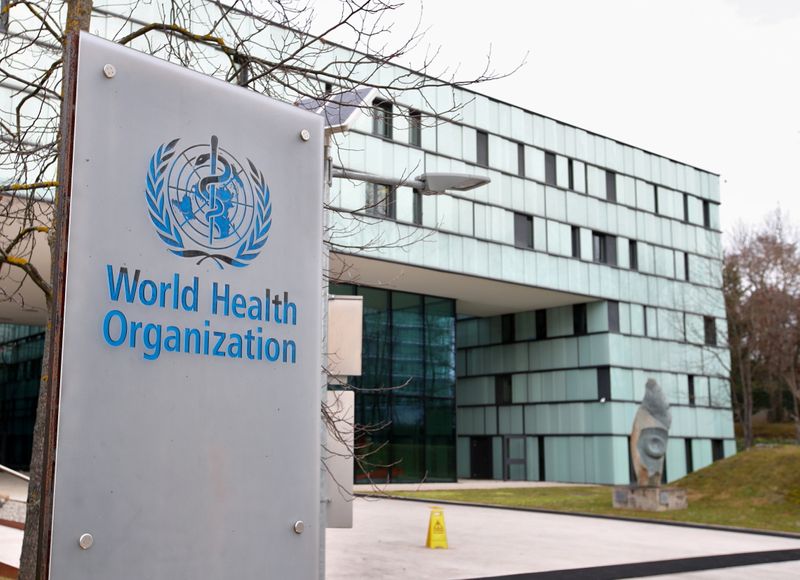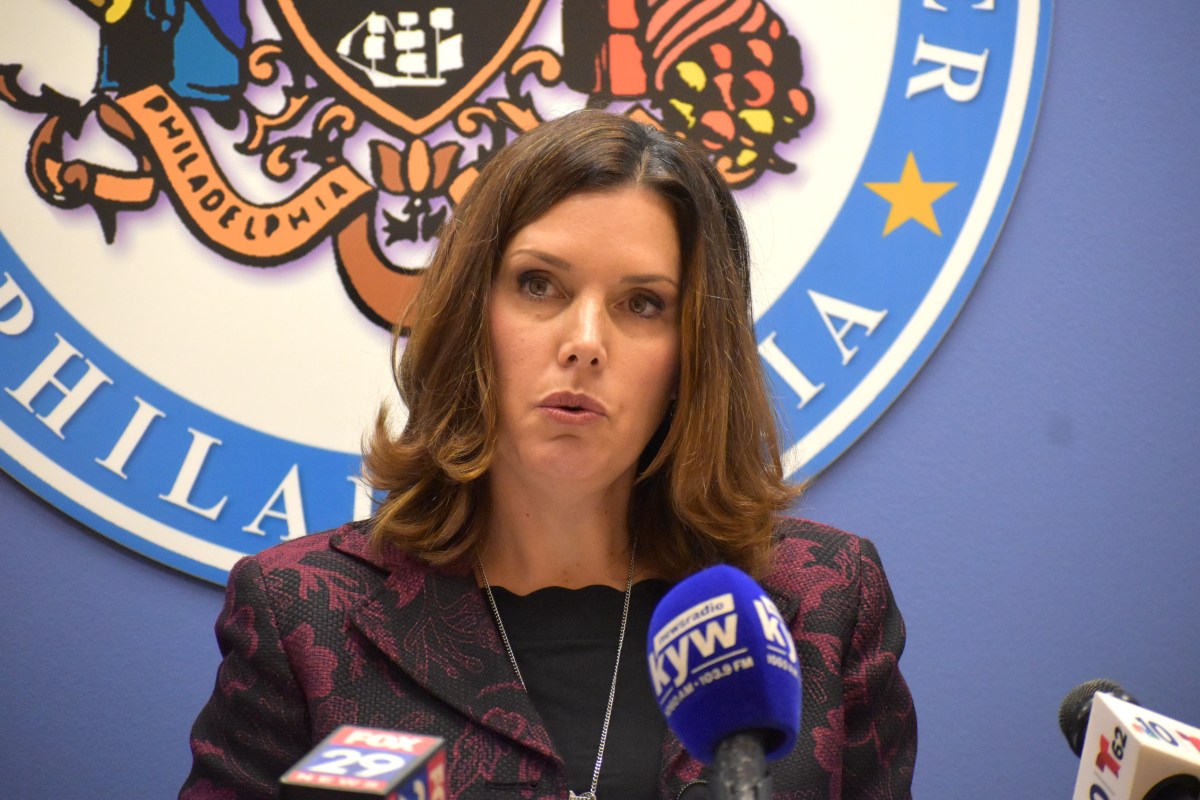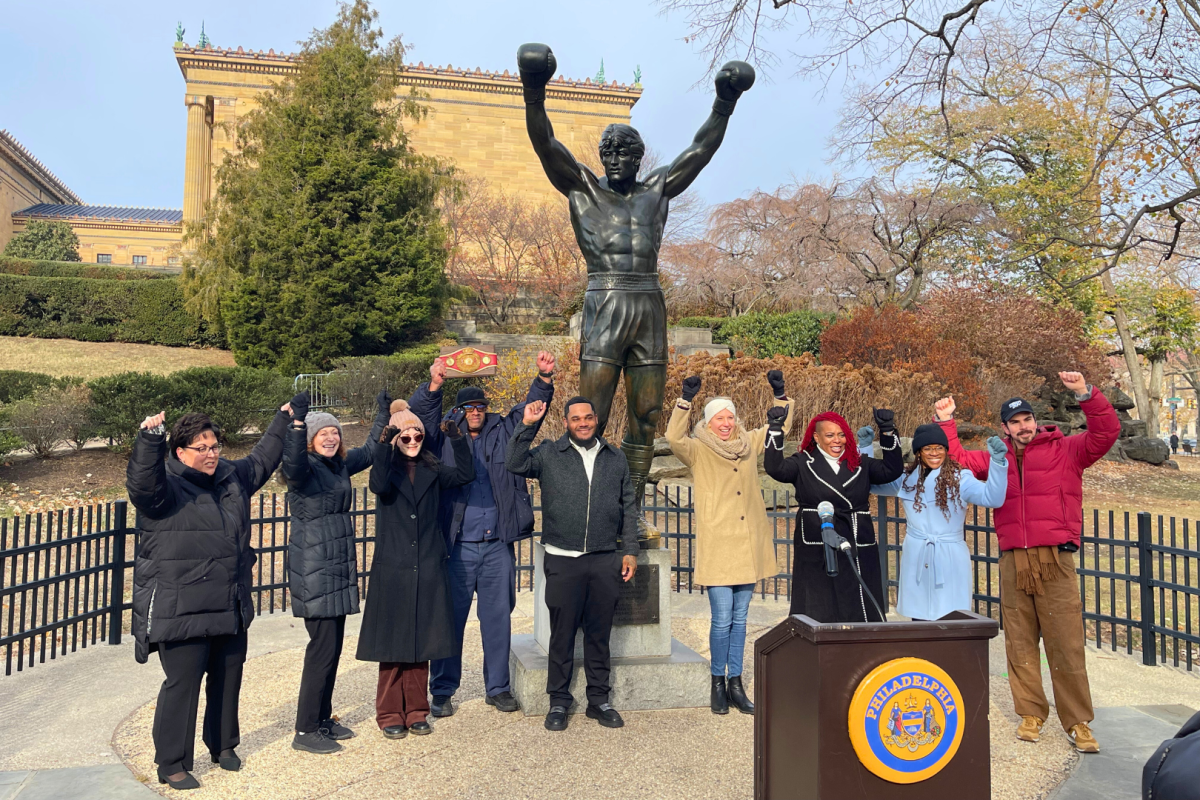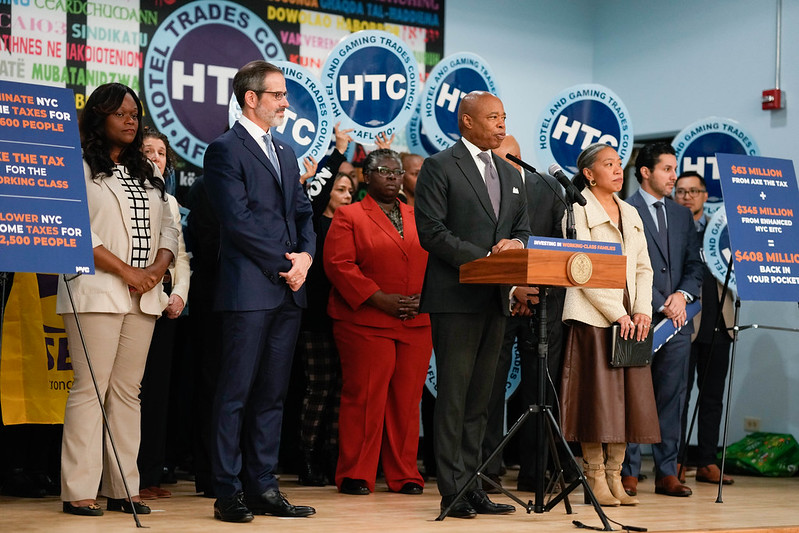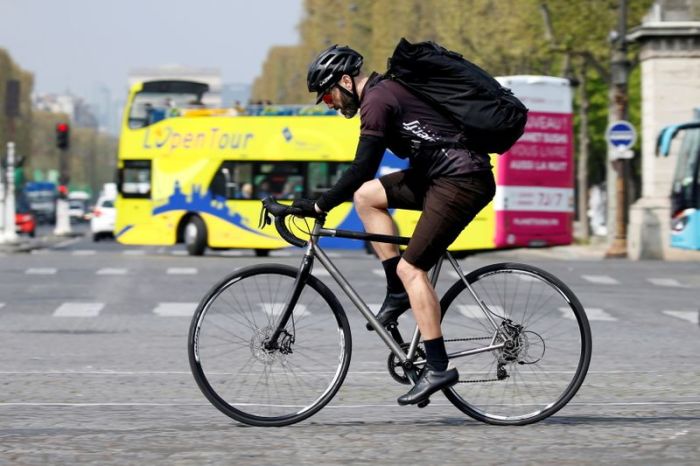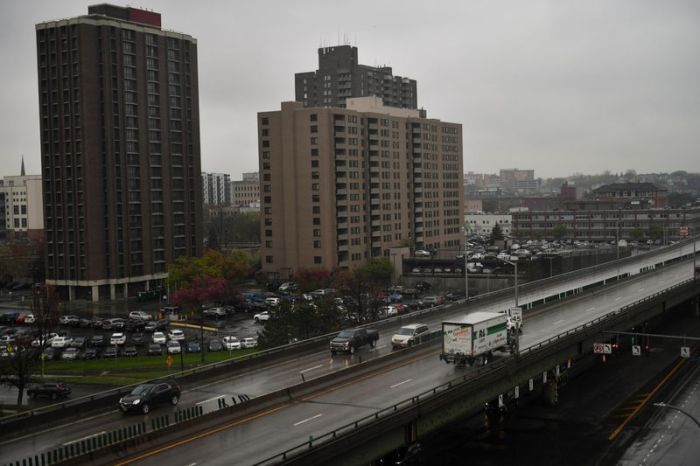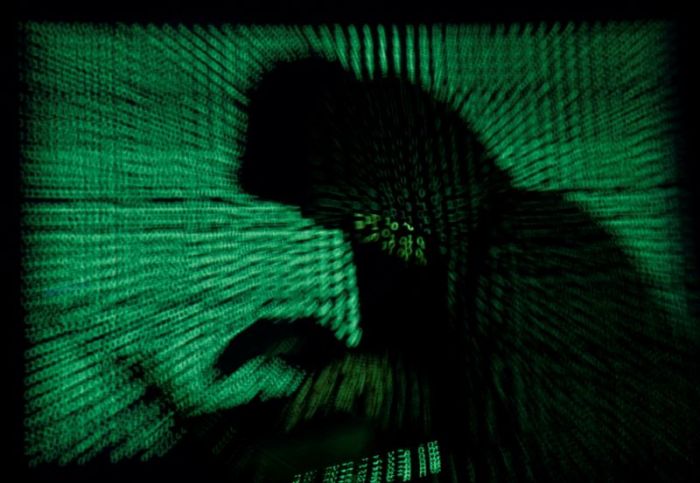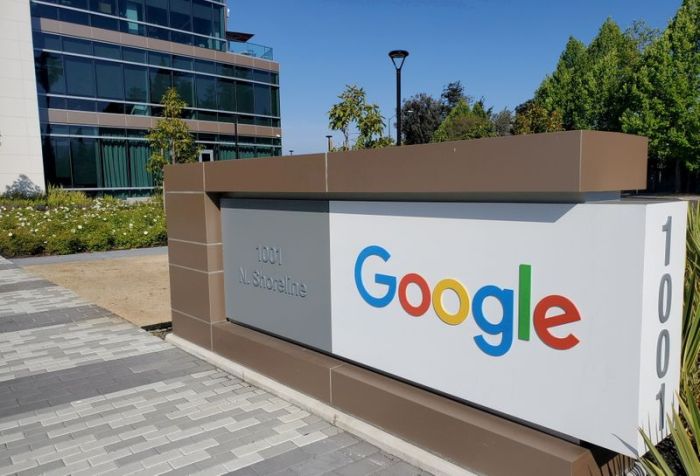GENEVA (Reuters) -South Africa said on Tuesday that consensus had been reached to hold a special ministerial session of the World Health Organization (WHO) at the end of the year to consider negotiating a new international treaty on pandemic preparedness.
The WHO, whose handling of the COVID-19 pandemic is under scrutiny, has endorsed a proposal, initially made by the European Union, to negotiate a global treaty as a way to ensure countries’ political commitment to fighting outbreaks of new or particularly dangerous diseases.
The WHO’s World Health Assembly will meet from Nov. 29 to Dec. 1.
A report by an independent panel faulted China for being slow to apply public health measures when the first COVID-19 cases emerged in late 2019, and the WHO for waiting too long to declare an emergency a month later.
South African ambassador Mxolisi Nkosi, speaking on behalf of 26 main sponsors of the resolution, told the WHO’s annual ministerial assembly that the special session would “consider the benefits for such a convention, agreement or other international instrument”.
The resolution was likely to be formally adopted on Wednesday, diplomats said.
Nkosi added: “Probably the most important lesson COVID-19 has taught us is the need for stronger and more agile collective defences against health threats as well as for building resilience to address future potential pandemics.
“A new pandemic treaty is central to this.”
WHO Director-General Tedros Adhanom Ghebreyesus said countries were inconsistent in implementing the WHO’s existing International Health Regulations on notifying disease outbreaks.
He said the pandemic had been driven by a lack of international solidarity or sharing of data, information, pathogens, technologies and resources. “We can only address that fundamental weakness with a binding commitment between nations to provide a solid foundation for enhanced cooperation,” he said. “A treaty on pandemic preparedness and response has been proposed as the means to achieve that.”
Simon Manley, Britain’s ambassador to the United Nations, tweeted: “Negotiations may take time, but this is a historic step towards global health security.”
(Reporting and writing by Stephanie Nebehay; additional reporting by Emma Farge; Editing by Kevin Liffey and Nick Macfie)

